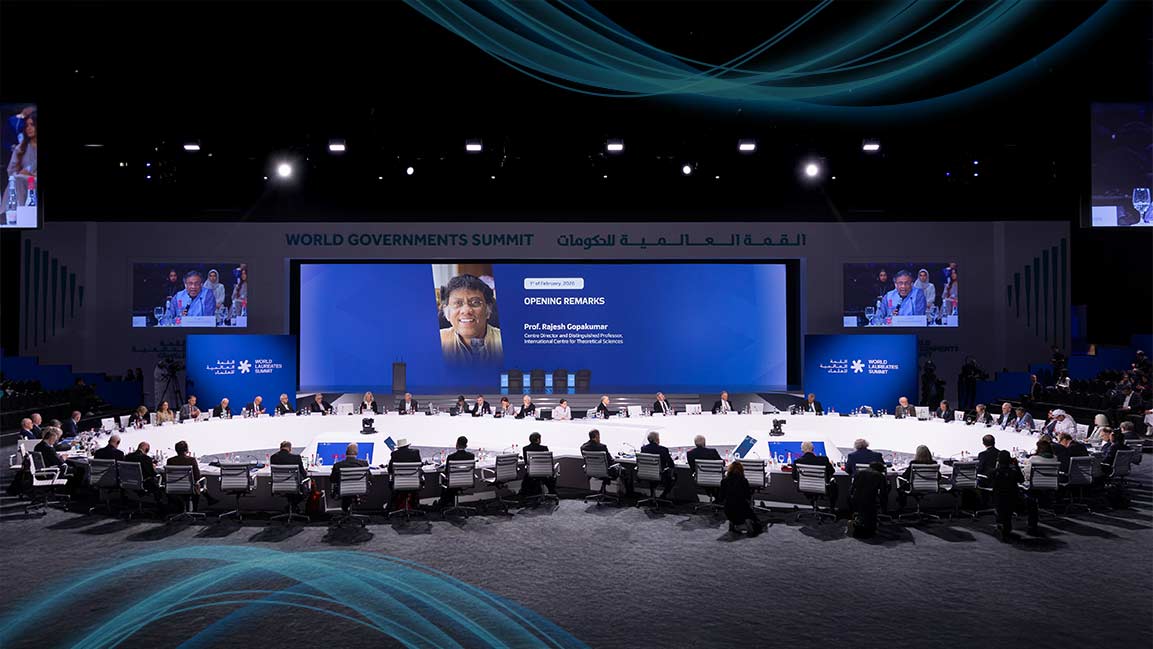- | 11:00 am
What factors hinder climate tech startups in the Middle East?
Climate tech founders cite complex regional legal and regulatory environments, funding limitations, and finding experienced talent as among their biggest growth challenges

Now accepting applications for Fast Company Middle East’s Best Workplaces For Women 2023. Click here to register.
As climate tech startups rally to reshape the future of sustainability in the Middle East, they face several setbacks. According to PwC’s Net Zero Future50 report, which features technologies and achievements in climate management and carbon emissions reporting, significant opportunities and challenges in growing and scaling businesses persist.
Regulatory and legal complexities are among the foremost challenges, followed by concerns regarding human capital and securing adequate funding facing startups. Navigating diverse legal requirements across jurisdictions also poses an obstacle.
Among the top challenges echoed by Future50 founders, the arduous task of recruiting, attracting, and retaining key talent surfaces as a third significant barrier. Approximately 35% of CEOs express a scarcity of skilled professionals, ranging from environmental engineers to specialists proficient in cutting-edge technologies like carbon capture.
Additionally, PwC’s 2023 Middle East Climate Tech report highlighted that despite the region’s increase in investment into global climate tech funding – which nearly tripled to $5 billion in 2023 from $1.8 billion in 2022 – a concerning funding gap exists for local and regional climate tech entrepreneurs. Funding for these entrepreneurs decreased to $152 million in 2023, down from nearly $1 billion in 2022.
“Funding to enable these start-ups/ scale-ups is about bringing in investors from the private sector or the government. We need dedicated funds to enable these start-ups, which is different in DNA from classical funding, and we need the management and the right governance to make it happen,” Yahya Anouti, PwC’s Partner at Strategy& and Sustainability Leader, said in a statement.
Meanwhile, Oisin Commane, Head of Masdar’s Abu Dhabi Sustainability Week, emphasized the need to address supply chain requirements to accommodate SMEs in the climate sector.
Reiterating the critical role of COP28 in driving sustainable actions, Anouti said, “We will have 80,000 people coming [to COP28] with investors, private sector players, government leaders, all meeting in one place. The exposure for start-ups will be unmatched.”
He added: “We are waiting for some decisions to come out of the negotiations on the funding or transparency side, which could go a long way in building micro ecosystems for startups in this region to put us down a path of the green transition.”































